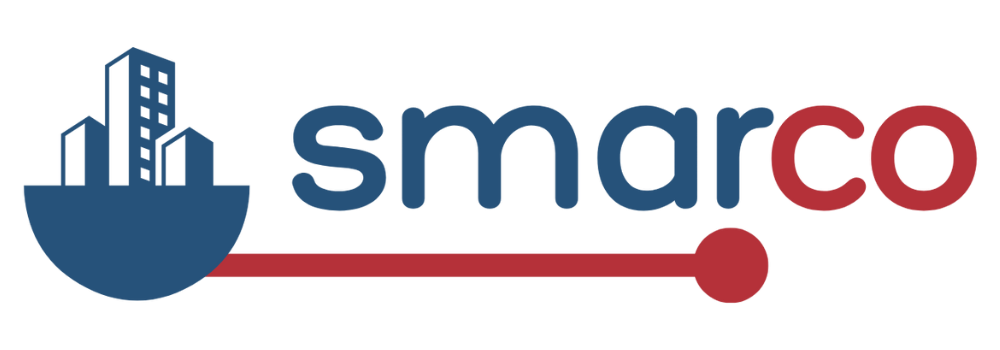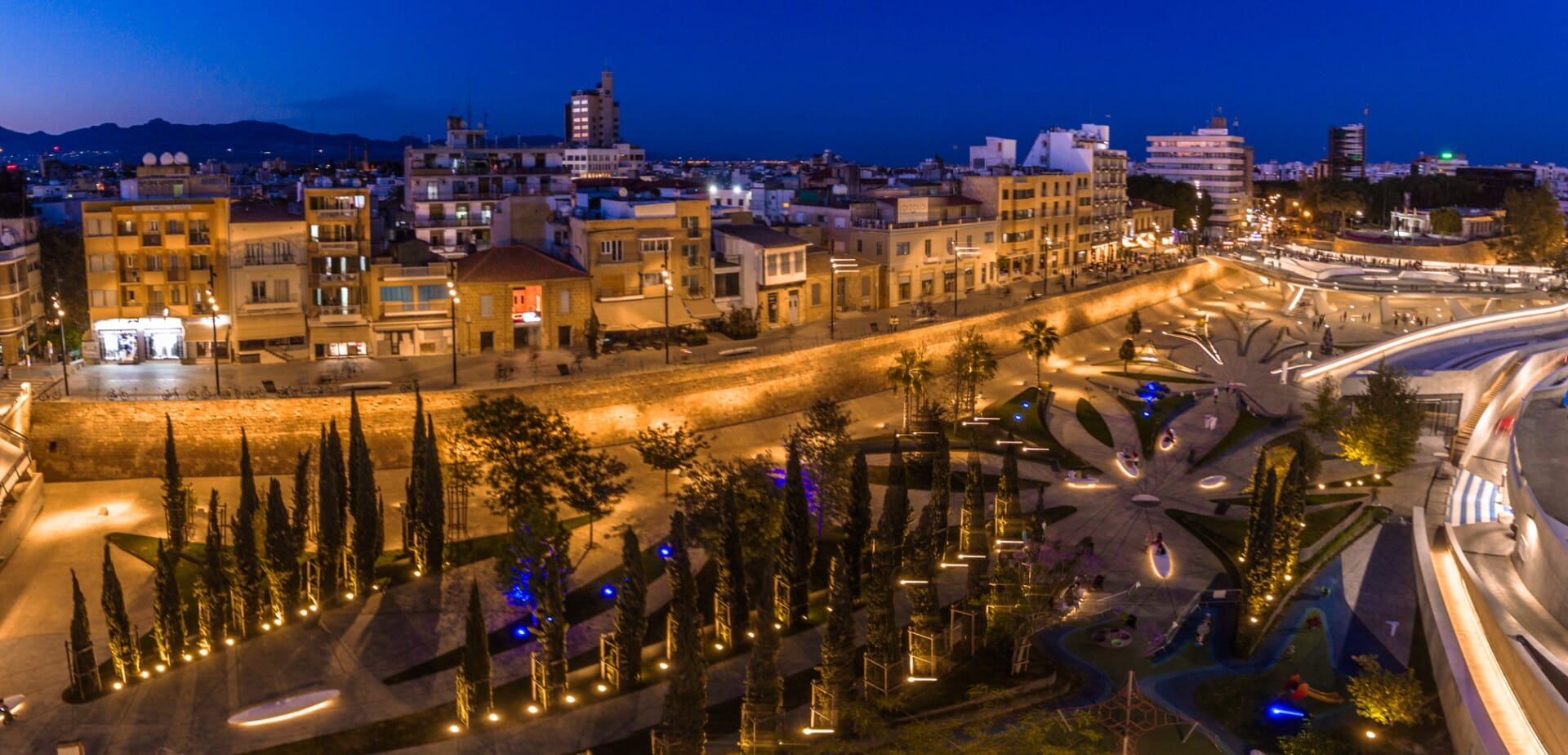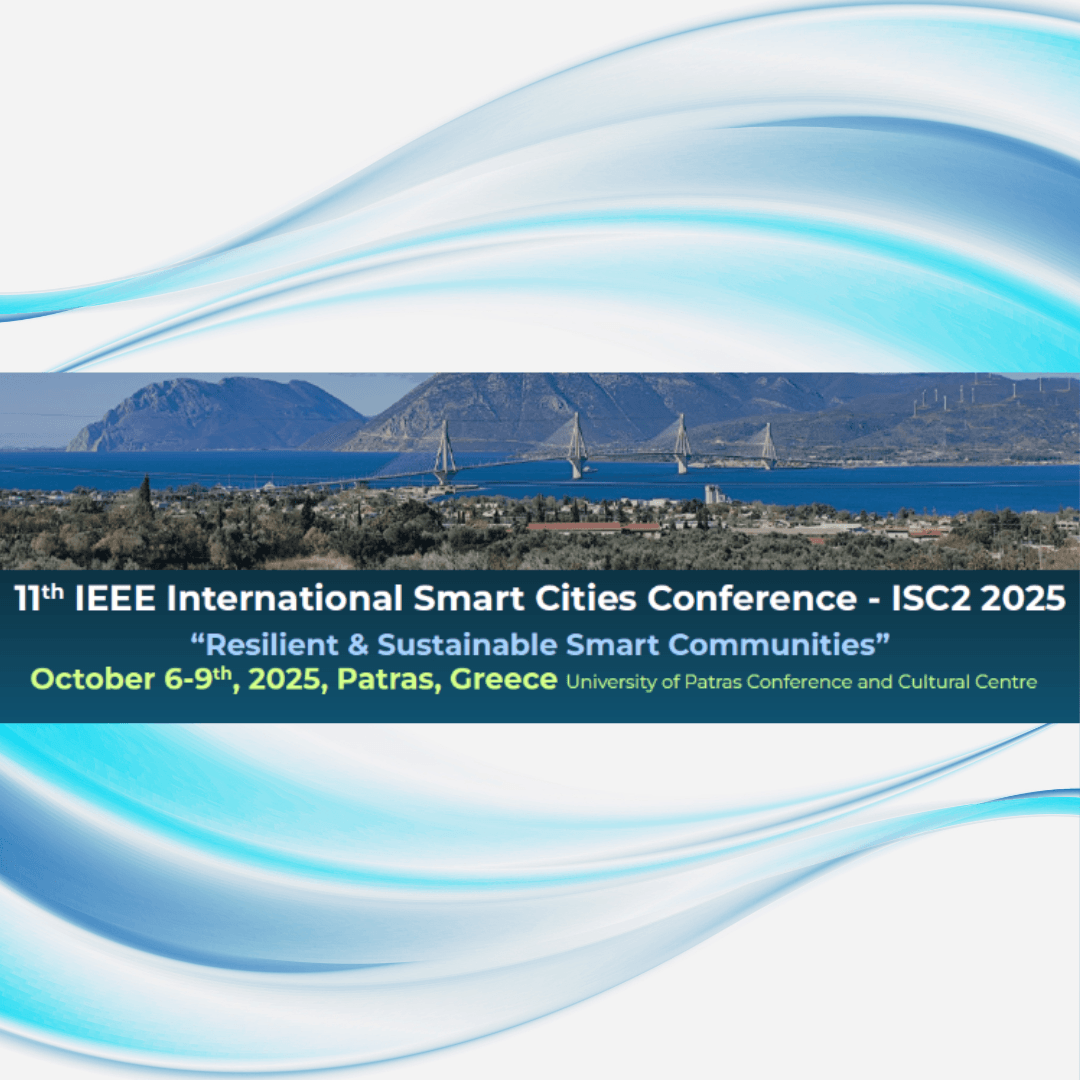Across Europe, cities and towns are working hard to become “smarter”—more sustainable, more efficient, and more connected. But behind the technology and innovation, there’s something just as important driving this change: people with the right skills.
While digital tools and infrastructure are crucial, it’s the engineers, public officials, and urban planners who make smart communities possible. And right now, many of them are facing a challenge that often goes unnoticed: a growing skills gap.
Human-Centred, Not Just High-Tech
Smart cities aren’t just about high-speed connectivity, data platforms, or smart grids. At their core, they aim to improve the lives of people—making services more accessible, mobility more sustainable, and neighbourhoods more inclusive.
This is why a truly smart community needs more than just innovation. It needs people who can understand, manage, and shape that innovation—people who are trained to think sustainably, act collaboratively, and adapt to rapidly evolving technologies.

A Gap That Slows Progress
Despite growing investment in smart infrastructure, many professionals lack the training or support to fully engage with new systems:
- Engineers may be highly skilled in traditional roles but find themselves navigating unfamiliar tools, green standards, or digital platforms.
- Public procurement staff, who make key decisions about which technologies to buy and implement, often struggle to assess complex, innovative solutions.
This gap can lead to delays, missed opportunities, and smart solutions that don’t quite fit the real needs of a community.
Upskilling as a Smart Investment
European strategies like the Green Deal, the Digital Decade, and the New European Bauhaus all highlight the urgent need to invest in people. That means building not only technical know-how, but also green skills, digital confidence, and cross-sector understanding.
Approaches such as lifelong learning, short-term training programmes, and micro-credentials offer promising ways to upskill professionals quickly and effectively—especially when they are designed with real workplaces in mind.
Looking Ahead
Smart communities represent a hopeful, forward-looking vision for Europe. But turning that vision into reality depends on more than infrastructure. It depends on people—people who are supported, trained, and trusted to shape the future of the places they live and work.
By closing the skills gap and putting people at the centre of the transition, we can build cities and towns that are not just smarter, but more inclusive, more resilient, and truly sustainable.
Sources:
- European Commission – The New European Bauhaus: Beautiful, Sustainable, Together, https://new-european-bauhaus.europa.eu/index_en
- European Commission – European Skills Agenda for sustainable competitiveness, social fairness and resilience (2020), https://ec.europa.eu/social/main.jsp?catId=1223&langId=en
- European Parliament Research Service – Bridging the skills gap in the EU
https://www.europarl.europa.eu/thinktank/en/document/EPRS_BRI(2021)698811 - European Commission – European Green Deal, https://commission.europa.eu/strategy-and-policy/priorities-2019-2024/european-green-deal_en
- European Commission – 2030 Digital Compass: the European way for the Digital Decade, https://digital-strategy.ec.europa.eu/en/policies/europes-digital-decade
- European Commission – Micro-credentials for lifelong learning and employability, https://education.ec.europa.eu/education-levels/higher-education/policy/micro-credentials
- Cedefop – Adult learning and continuing vocational education and training,
https://www.cedefop.europa.eu/en/tools/vet-in-europe/adult-learning-and-continuing-vet





